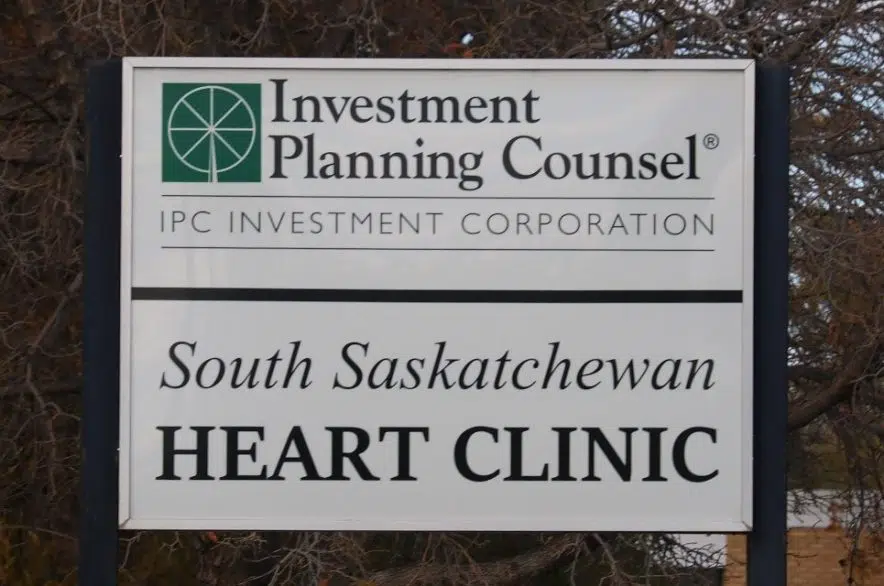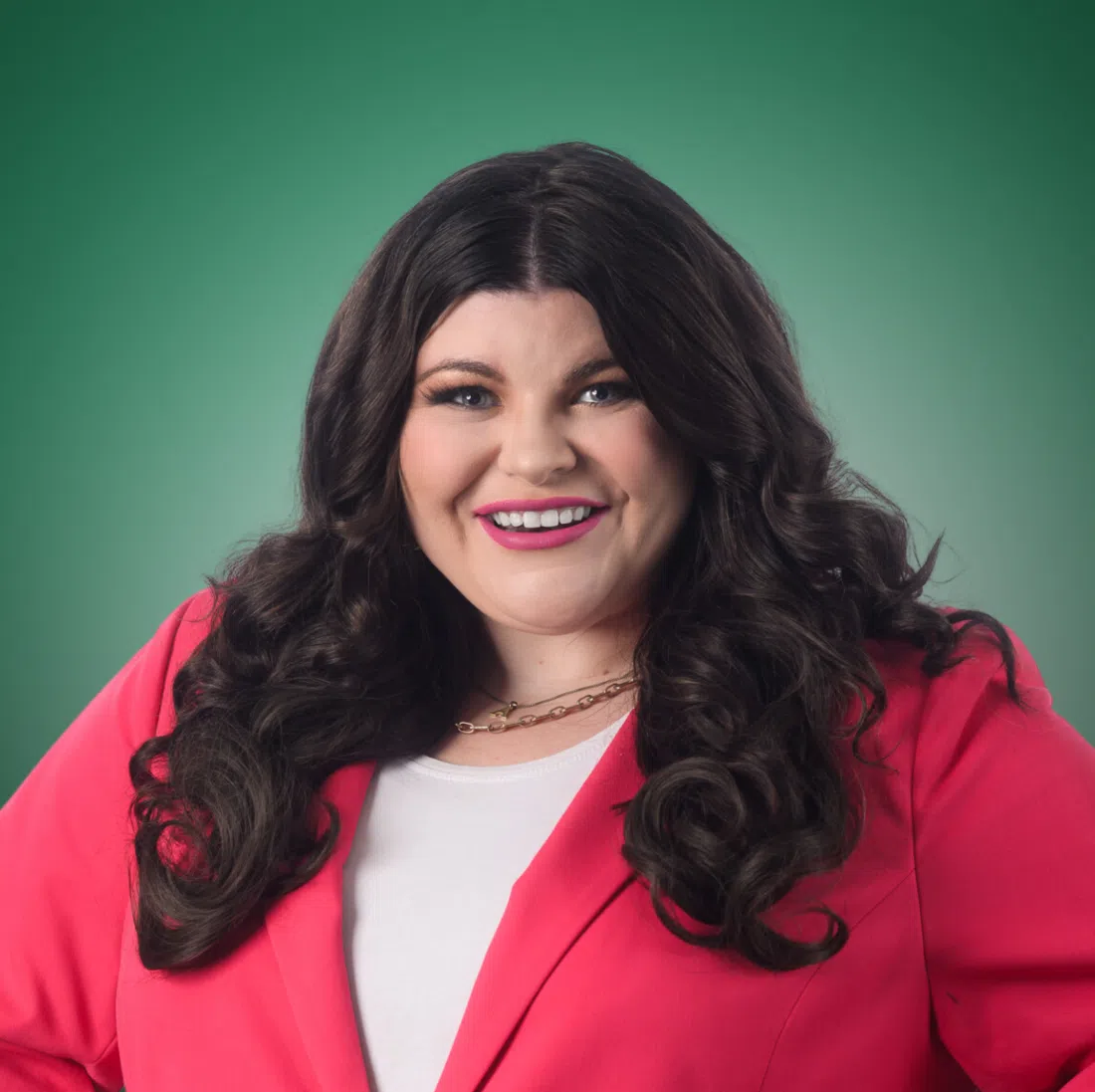By Shawn Slaght
A Moose Jaw cardiologist clinic has opted out of the publicly funded health-care system and has gone private as of Oct. 2, citing uncompetitive and unreasonable reimbursement rates.
The South Saskatchewan Heart Clinic and Dr. Jeffrey Wilkinson became the first physicians to opt out of the publicly funded system since universal health care was introduced in Saskatchewan in 1962.
Under the Saskatchewan Medical Care Insurance Act, any physician can opt out of the provincial health-care system with written notice to the Ministry of Health.
The South Saskatchewan Heart Clinic gave the following written statement in regard to going private:
“Since 2018, the South Saskatchewan Heart Clinic has provided Cardiology care to the people of Moose Jaw and Southern Saskatchewan. We have strived to provide the best level of care that the people of this province expect and deserve. Until recently, we participated in Medicare as a ‘fee-for-service’ clinic. For every visit or procedure, we submitted a bill to the government and received payment directly from the Ministry of Health. This process is the cornerstone of Medicare.
“Over the last five years, being a specialist clinic in Moose Jaw has been operationally and financially difficult. In early January 2023, these mounting difficulties became a crisis. We had a number of resignations due to the inability to pay competitive salaries and provide benefits. We also found it difficult to pay overhead expenses given that we operate in a smaller city and have to compete for qualified staff.
“Despite this situation, we felt it was important to first contact our elected officials and work through an orderly political process. Our office reached out to both local MLAs — Tim McLeod and Greg Lawrence. We were also open and honest with all of our patients that we faced a dire situation and encouraged them to advocate to their elected officials. Dr. Wilkinson also reached out to the Saskatchewan Medical Association and met with the president and CEO in early 2023. Finally, on April 3, 2023, Dr. Wilkinson met directly with Premier Moe and (then-Health) Minister Merriman where he detailed his concerns about the current challenges in health care and operating as a fee-for-service clinic outside of a large urban centre.
“Presently, the rates the Saskatchewan Ministry of Health pays for common cardiac procedures are 20 to 40 per cent lower than both Alberta or Manitoba — which essentially explains why so few specialists call Saskatchewan home. For example, an electrocardiogram (ECG) is paid at $34.33 per test in Alberta. In Saskatchewan, an ECG is paid at $18.90 per test. A heart ultrasound (echocardiogram) in Alberta and Manitoba is paid 22 per cent and 23 per cent higher, respectively, than in Saskatchewan. Other important cardiac tests are also paid less than the Western Canadian average.
“Despite extensive advocacy over the last 10 months and our earnestness to resolve the situation through appropriate channels we have received no response from the government or the SMA about potential changes or improvements to fee-for-service rates. In fact, we have heard informally through sources close to the SMA that the current negotiations for fee-for-service medicine for Cardiology have no rate increases planned.
“Given the situation, our clinic saw only three possible paths forward: close the clinic and leave Saskatchewan, see more patients faster and provide inferior care, or opt-out of the provincial Medicare system and charge private rates which would allow us to compete and provide high-quality and compassionate care. Opting out of the provincial Medicare Insurance program has always been an option for doctors since the introduction of Medicare in 1962. It is an option in every province in Canada. It has been most widely used in Quebec where three to five per cent of the physician population operates privately — and has been doing so for about 15 years.
“As of Oct. 2, 2023, our clinic is now private. We charge patients directly for their healthcare. Our consultation rate is $350. Some patients have third-party health insurance which helps reduce or eliminate the cost paid out-of-pocket. Many patients have chosen to continue seeing us at the clinic. If a patient is unable to pay, we offer a referral to another cardiologist or follow-up with their primary care provider if they choose.
“Finally, our clinic has and always will support public Medicare. If the rates of reimbursement were reasonable and competitive, we would return to the public system.”
According to the Canadian Medical Association, Saskatchewan had 30 cardiologists or 2.6 physicians for every 100,000 people as of 2019. The only other provinces with lower rates were Prince Edward Island with 1.3 physicians per 100,000 people and Manitoba with 2.3 physicians per 100,000 people. Quebec has the highest rate with 5.9 physicians per 100,000 people.
Discover Moose Jaw reached out to the Ministry of Health and received the following written statement:
“Under The Saskatchewan Medical Care Insurance Act physicians are able to opt-out of the Saskatchewan publicly funded system and charge patients for services. However, this is the first time that a physician has chosen to opt-out.
“Patients who choose to pay for the cardiologist’s services going forward will not be eligible for reimbursements from the Ministry of Health. There is another cardiologist in Moose Jaw and 13 cardiologists in Regina who practice within Saskatchewan’s public system and, as such, provide insured specialist services — where payment is not required.
“Physician recruitment and retention is a top priority for the Government of Saskatchewan. We recognize physician compensation models can contribute to the sustainability of the health system, to recruitment and retention efforts, and to patient access and health outcomes.
“Individual rates for insured physician services are negotiated between the Ministry of Health and the Saskatchewan Medical Association (SMA). The Ministry of Health’s agreement with the SMA provides fair compensation for cardiologists while maintaining our competitiveness across Canada.”











